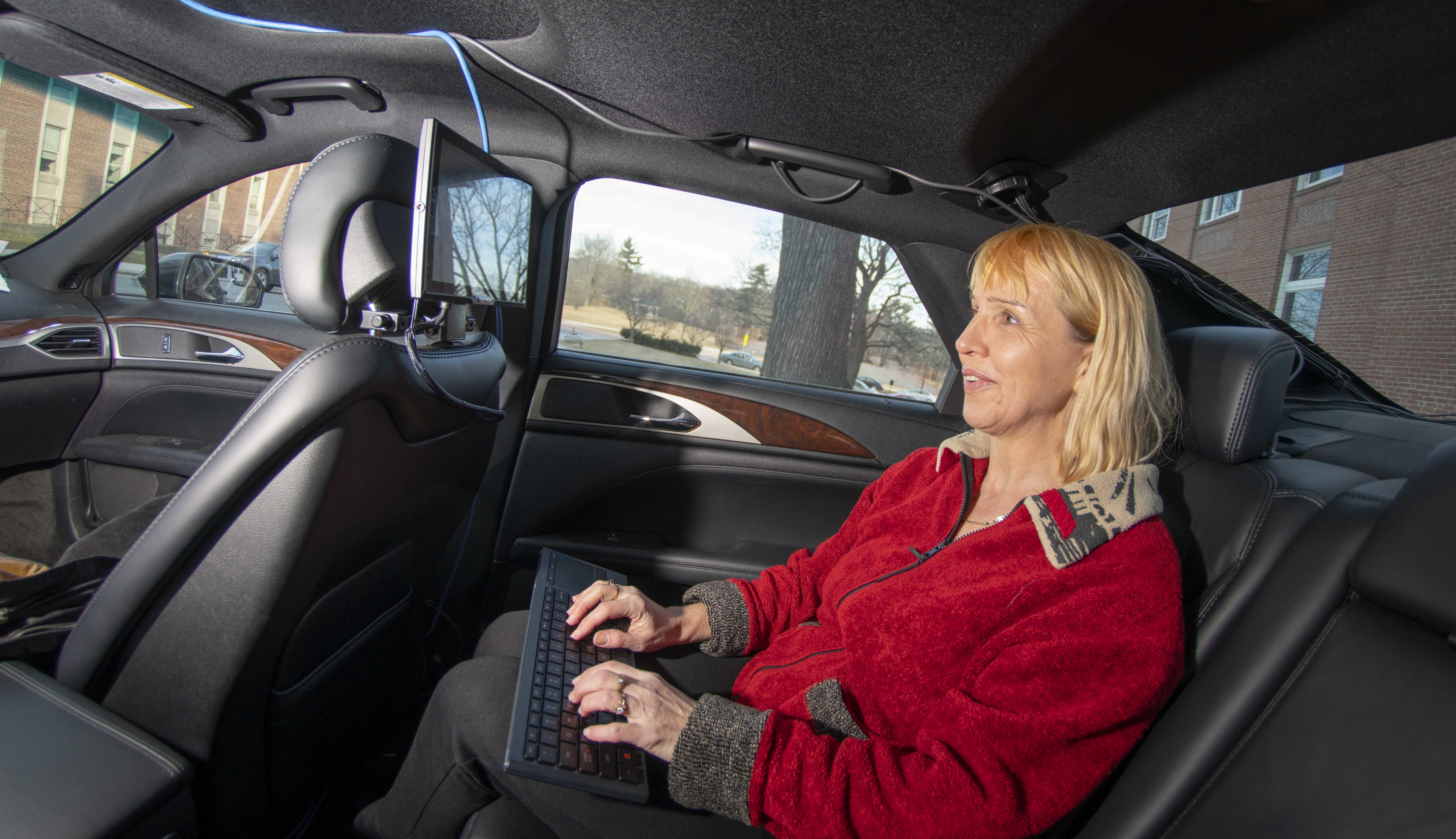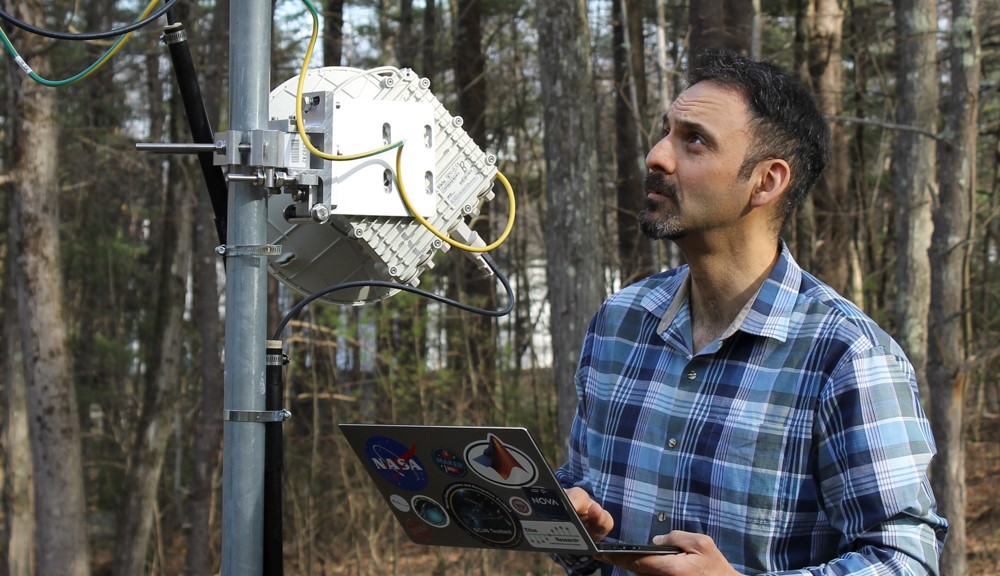Micah Chase is an adjunct instructor/lecturer and an entrepreneur-in-residence at WPI. He has spent more than 25 years successfully growing several start-ups into multimillion dollar companies. He holds a BA in cognitive science and an MBA in finance and accounting from the University of Rochester.
What are you enjoying most as an entrepreneur-in-residence, and what do you hope to bring to WPI and its students?
I use my knowledge, experience and contacts to help students and faculty who are starting a business or trying to grow a business. I’m also a guest lecturer and adjunct professor, tying in class topics to a business or entrepreneurial mindset. For example, in an architecture class I’d talk to the students about design that puts the consumer first, that’s affordable, and that can sustain itself—those are all important concepts in any business. If the students present end-of-semester projects, I’ll come back and help judge and give feedback. The students are really impressive, so that is a total joy.
I’m really impressed with the programs at WPI and I encourage students to email me and make use of my time and expertise. It’s never a bother––I love it!
What started you on a path of entrepreneurship?
I grew up in an entrepreneurial household; my dad was an entrepreneur. Every night at dinner he would discuss business with the whole family. It really stretched my mind and I loved it. In 1992 I joined my dad in starting a business, Checkerboard Ltd., in which I served as CEO. At that time, the wedding invitation business was a mature, shrinking industry dominated by family-run businesses that weren’t quick to grab onto technology, so my passion for technology helped us stand out. I thought I’d return to Silicon Valley in four years, but I fell in love with the business, and we got our company to grow very quickly. It was my first start-up and a pleasure to have my father’s guidance.
The first employee, hired even before I returned to Massachusetts, was an artist to design the line. We fell in love, she is my wife of 21 years now, and was part of our long-term success at Checkerboard. I never thought I’d end up in the invitation business, but I will say that everything I learned in college became useful.
In your experience, how has the development of the Internet and social media impacted business and entrepreneurship, and what do you see as its impact in the future?
When I joined the print invitation industry in the early 1990s, AltaVista was the top Internet search engine, you had to dial up, and most people didn’t even have email unless they had AOL or worked in academia. If you were going to have a backyard barbecue, you would send out paper invitations or call all of your guests. The Internet and social media really disrupted a lot of industries and cost structures because “getting the word out” suddenly became free.
Also, advances in home printers and software created a huge disruption; I watched my industry bend in half and I saw many companies fold because of that. But, with each of these changes, Checkerboard Ltd. grew rapidly because we recognized that technology presents challenges and lots of disruption, but it also creates opportunities. In 1997 we launched our first website, where customers could order invitations online. We also found ways to automate many online processes, which streamlined the order process and saved a lot of the back-and-forth of the paper catalog order process. As a company, we entered a very mature industry but we went from nothing to being probably the second-largest player in the industry, because disruption kept offering us opportunities.
In the future I think technology will continue to give us ways to grow relationships with our customers. For example, in the invitation business, we don’t just print and deliver invitations anymore; we develop products that go deeper than invitations. For example, we can manage guest responses––RSVPs and “chicken or fish” food preferences––and then send the information to the caterers and venues. So I think technology is giving us the chance to actually redefine a whole market.
Also, mixing the physical with the digital is redefining the marketplace. Tracking online shoppers’ activity is nothing new, but now technology is moving offline into the physical space, with body tracking software that lets us analyze how people shop in stores. We’re seeing a nice integration of physical and digital.
Business is often regarded as a cutthroat industry. What do you see as the role of ethics in business?
The wonderful part of running your own business is that everything stops with you––you own it, so it’s a reflection of who you are. You have to feel good about what you see happening in your company, and it works best if it does reflect your true values. You get a soapbox of sorts, with some fantastic opportunities and some wonderful decisions that you are forced to face.
When gay and lesbian unions first became legal in Massachusetts, Checkboard Ltd. became the first website in the country to sell invitations for those events. It made the news and we had some complaints, but it was also a great opportunity to show what we believed in as a business.
In another effort we called the Ginormous Paper Giveaway, we gave our high-quality surplus greeting card paper to schools and churches in three states. The recipients and our employees loved it, plus it had a side benefit of being a great opportunity for social media presence and positive word-of-mouth for the company, and it helped us reduce waste. So I think the beauty of running your own business is that you can find the things you care about and do something about them.
—By Wendy Lewis


